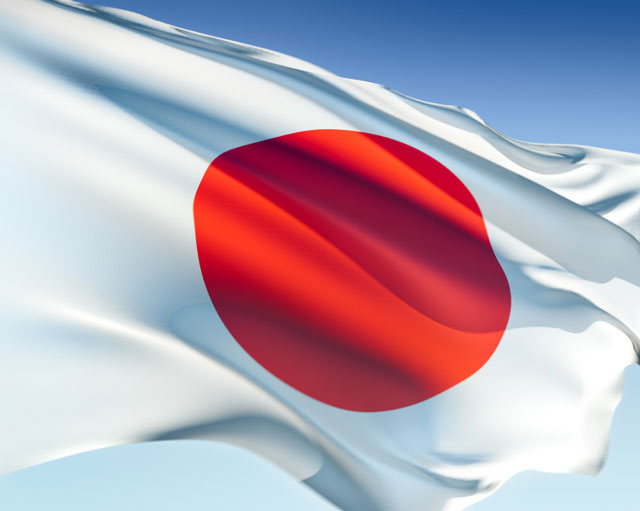Japan’s recent all out declaration of war against deflation has many wondering why more central banks aren’t engaging in such policies. After all, the Yen has declined by 20% in a matter of months mainly due to this intervention and the Nikkei is up 33% over the same period. It’s a powerful sign that a central bank can impose its will over the economy if it wants to.
So why don’t more countries just do this, boost inflation expectations and drive the currency down in a manner that is certain to make them more competitive? Simple – the race to the bottom can’t be won by everyone. The simple reality of the race to the bottom is that foreign exchange markets are two-sided. Everyone can’t devalue their currency just like everyone can’t run a trade surplus.
So what would happen if the Fed, ECB and BOJ all declared war on their currencies? What then? That’s not pushing on a string. It’s pushing against a brick wall. Every central bank can’t implement the same policy expecting the same results. Of course, it’s lovely that Japan is having some success with this approach, but it would be foolish to declare this as some sort of sweeping victory for monetary policy around the world. This works in a more micro sense, but it cannot work in an aggregate sense. And as we tend to see with monetary policy gimmicks like currency intervention and “wealth effects” the impacts tend to be fleeting, consistent with short-term disequilibrium and not due to fundamental changes in the underlying economy….
Mr. Roche is the Founder and Chief Investment Officer of Discipline Funds.Discipline Funds is a low fee financial advisory firm with a focus on helping people be more disciplined with their finances.
He is also the author of Pragmatic Capitalism: What Every Investor Needs to Understand About Money and Finance, Understanding the Modern Monetary System and Understanding Modern Portfolio Construction.


Comments are closed.